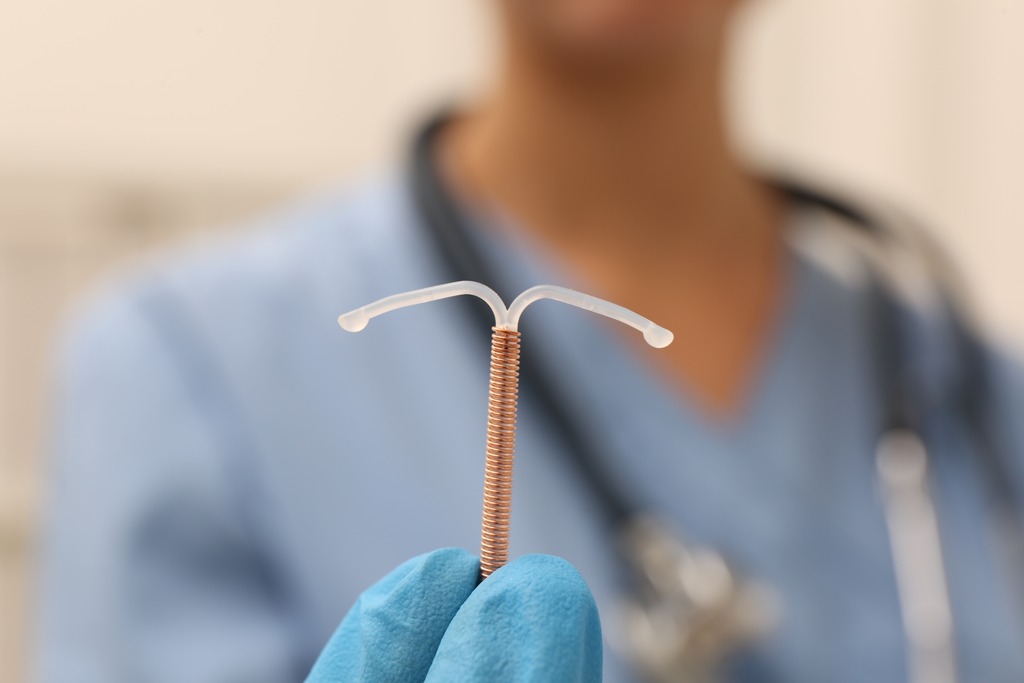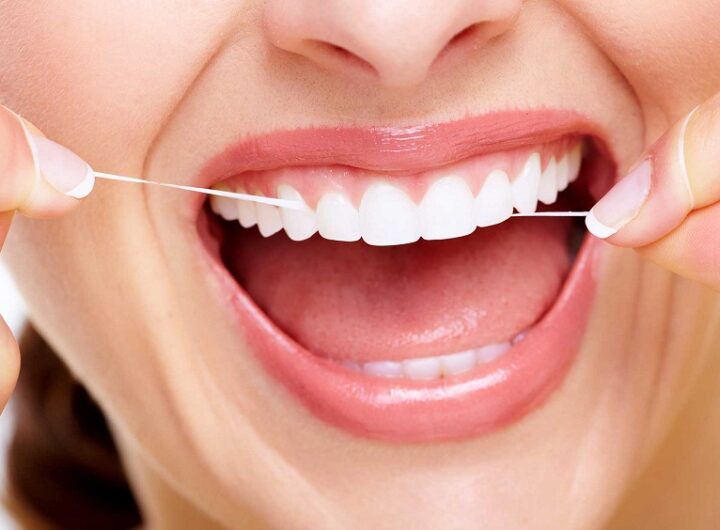
The intrauterine device (IUD) is a highly effective and long-acting birth control method. For many women, it offers a convenient and reliable way to manage their reproductive health. However, the thought of IUD insertion can sometimes raise concerns. This guide focuses on the importance of professional IUD insertion by a qualified healthcare provider and what to expect throughout the process, ensuring a safe and positive experience.
The Dangers of Self-Insertion
While online resources and IUD insertion kits might create the illusion of a simple DIY procedure, attempting IUD insertion at home is strongly discouraged. There are significant risks associated with self-insertion, including:
- Increased Risk of Infection: Improper sterilization of equipment can introduce harmful bacteria into the uterus, leading to serious infections.
- Uterine Perforation: Inserting the IUD incorrectly can puncture the uterus, causing internal bleeding and requiring immediate medical intervention.
- Ectopic Pregnancy: If the IUD isn’t positioned correctly, it won’t prevent pregnancy. An ectopic pregnancy, where implantation occurs outside the uterus, could occur and pose significant health risks.
These are just some of the potential consequences of self-insertion. Choosing a healthcare provider for IUD insertion offers a safe and effective alternative.
What to Expect During Your IUD Consultation
The first step towards a safe and effective IUD experience is a consultation with your healthcare provider. Here’s what you can expect:
- Discussion of Your Medical History: Your doctor will review your medical background to ensure you’re a good candidate for an IUD and discuss any potential risks or considerations specific to your health.
- Understanding Your Options: Different IUD types are available, with varying materials and hormone levels. Your doctor will explain the benefits and drawbacks of each option, including the copper IUD, to help you choose the one that best suits your needs and lifestyle.
- Asking Questions:Don’t hesitate to ask any questions you have about the IUD, the insertion process, or potential side effects. Open communication with your doctor is crucial for a comfortable and informed experience.
The IUD Insertion Procedure
Once you’ve chosen the right IUD and scheduled your insertion appointment, here’s a general overview of what to expect:
- Preparing for Insertion: Your doctor might recommend taking over-the-counter pain medication beforehand to help manage any discomfort during the procedure. They will also discuss what to wear and any other specific preparation steps.
- The Insertion Process: During the procedure, the healthcare provider will use sterile medical tools to ensure a safe and accurate placement of the IUD. These tools might include Cheron forceps (to stabilize the cervix), Tenaculum forceps (to grasp the cervix), and IUD string scissors (to trim the strings after insertion) depending on the specific IUD type. Some IUDs may also utilize an IUD loading device for insertion.
Potential Discomfort: You might experience some cramping or discomfort during insertion. Relaxation techniques and pain medication can help manage this.
Aftercare and Follow-Up
Following your IUD insertion, it’s important to follow your doctor’s aftercare instructions. These might include:
- Monitoring for Signs of Infection: Be aware of any unusual vaginal discharge, fever, or severe pain. These could be signs of infection and require immediate medical attention.
- Checking Your IUD Strings: Your doctor will instruct you on how to feel for the IUD strings to confirm proper placement. Regularly checking for the strings is a crucial part of self-care.
- Schedule a Follow-Up Appointment: Typically, a follow-up appointment is scheduled within a few weeks to ensure the IUD is in place and address any questions you might have.
While some common side effects like cramping or spotting may occur initially, most women experience minimal discomfort after IUD insertion.
The Benefits of Professional IUD Insertion
Choosing a healthcare provider for IUD insertion offers a wealth of benefits:
- Expertise and Experience: Healthcare professionals have the training and experience to perform IUD insertion safely and effectively.
- Sterile Environment: Medical facilities maintain strict hygiene protocols to minimize the risk of infection.
- Ongoing Support: Your doctor can address any concerns you have after insertion and provide ongoing support throughout your IUD use.
Taking Charge of Your Reproductive Health
By choosing professional IUD insertion, you’re taking an important step towards safe and effective contraception. A thorough consultation with your healthcare provider will ensure you’re well-informed and comfortable with the process. With proper guidance and support, IUD insertion can be a smooth experience, allowing you to reap the long.

 Discover the Power of Herbal Head Massage: Ultimate Stress Relief Oils Guide
Discover the Power of Herbal Head Massage: Ultimate Stress Relief Oils Guide  The Significance of Personalized Dental Appliances in Modesto
The Significance of Personalized Dental Appliances in Modesto  Dental Fillings and Tooth Decay Prevention
Dental Fillings and Tooth Decay Prevention  Shots for Safety: How Vaccines Keep Your Pet Healthy
Shots for Safety: How Vaccines Keep Your Pet Healthy